EDA tool development is always pushing the boundaries, driven in part by bigger, faster chips and more complex IP. For several years now, the trend has been developing tools that spot problems faster without waiting for the “big bang” synthesis result that takes hours and hours. Vendors, with help from customers, are tuning tools… Read More
Author: Don Dingee
The fixed and the finite: QoR in FPGAs
There is an intriguingly amorphous term in FPGA design circles lately: Quality of Results, or QoR. Fitting a design in an FPGA is just the start – is a design optimal in real estate, throughput, power consumption, and IP reuse? Paradoxically, as FPGAs get bigger and take on bigger signal processing problems, QoR has become a larger… Read More
Workload-tuned cores seeing greater interest
Is it possible to design a processor with very high performance and low power consumption? To answer that, embedded illuminati are now focusing on designs tuned to specific workloads – creating a tailored processor that does a few things very efficiently, with nothing extra.… Read More
So, where are all the EMBEDDED guys?
Roaming the aisles at #50DAC the past week left me with one unmistakable impression: there were two shows going on at the same time. Oh, we were all packed into one space together at the Austin Convention Center and neighboring hotels. But we weren’t quite all speaking the same language – yet.… Read More
10 years, 100,000 miles, or <1 DPM
Auto makers have historically been accused of things like planned obsolescence – redesigning parts to make repairs painfully or even prohibitively expensive – and the “warranty time-bomb”, where major systems seem to fail about a week after the warranty expires. Optimists would chalk both those up to relentless innovation,… Read More
You can tune a piano, but you can’t tune a cache without help
Once upon a time, designing a product with a first generation SoC on board, we were trying to use two different I/O peripherals simultaneously. Seemed simple enough, but things just flat out didn’t work. After days spent on RTFM (re-reading the fine manual), we found ourselves at the absolute last resort: ask our FAE.
After about… Read More
The never-ending quest to kill metastability
The difficulty of an engineering problem can be gauged by two things:
1) The number of attempts to generate a solution.
2) The degree of hyperbole used to describe the effectiveness of the latest solution.
The problem many folks in the EDA industry are after right now is clock domain crossings (CDCs) and the resulting metastability… Read More
It’s all in the details of FPGA requirements management
Word association: if I said “requirements management”, you’d probably say IBM Rational “DOORS,” or maybe Serena or Polarion if you come from the IT world. But what if the requirements you need to manage are for an FPGA or ASIC, with HDL and testbench code and waveform files and more details backing verification, and compliance… Read More
A random walk down OS-VVM
Unlike one prevailing theory of financial markets, digital designs definitely don’t function or evolve randomly. But many engineers have bought into the theory that designs can be completely tested randomly. Certainly there is value to randomness, exercising all combinations of inputs, including unexpected ones a designer… Read More
Beyond one FPGA comfort zone
Unless you are a small company with one design team, the chance you have standardized on one FPGA vendor for all your needs, forever and ever, is unlikely. No doubt you probably have a favorite, because of the specific class of part you use most often or the tool you are most familiar with, but I’d bet you use more than one FPGA vendor routinely.… Read More


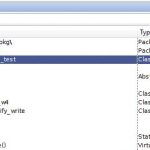
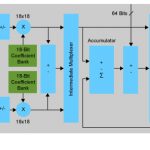



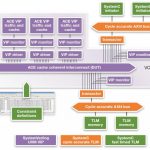
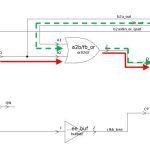
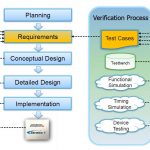





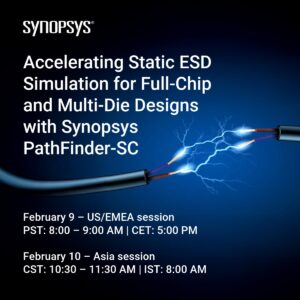




The Foundry Model Is Morphing — Again